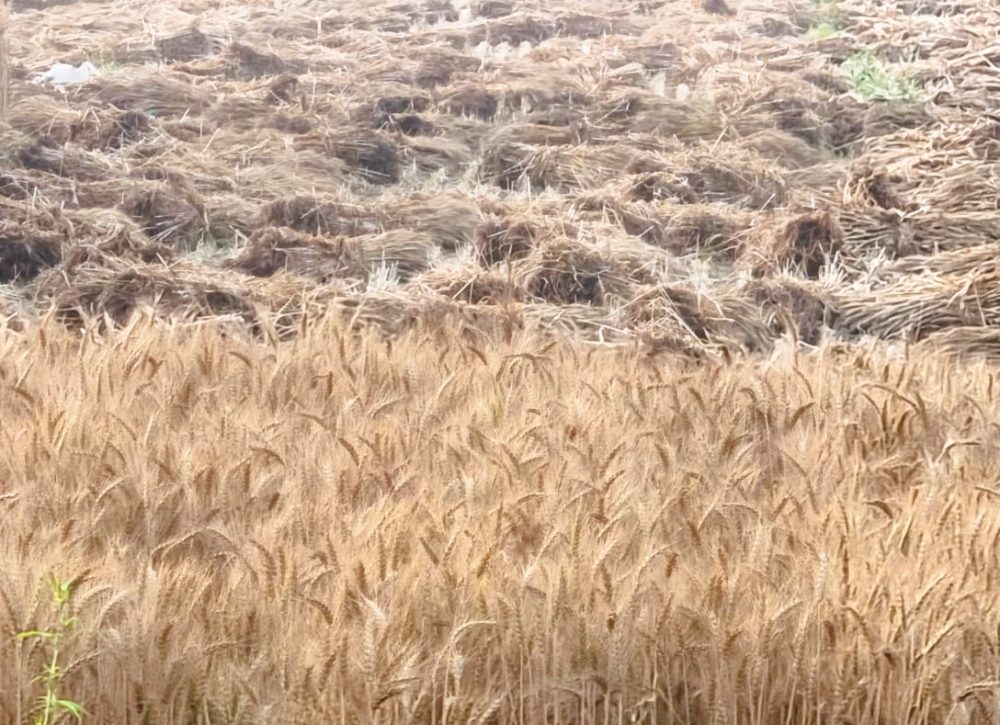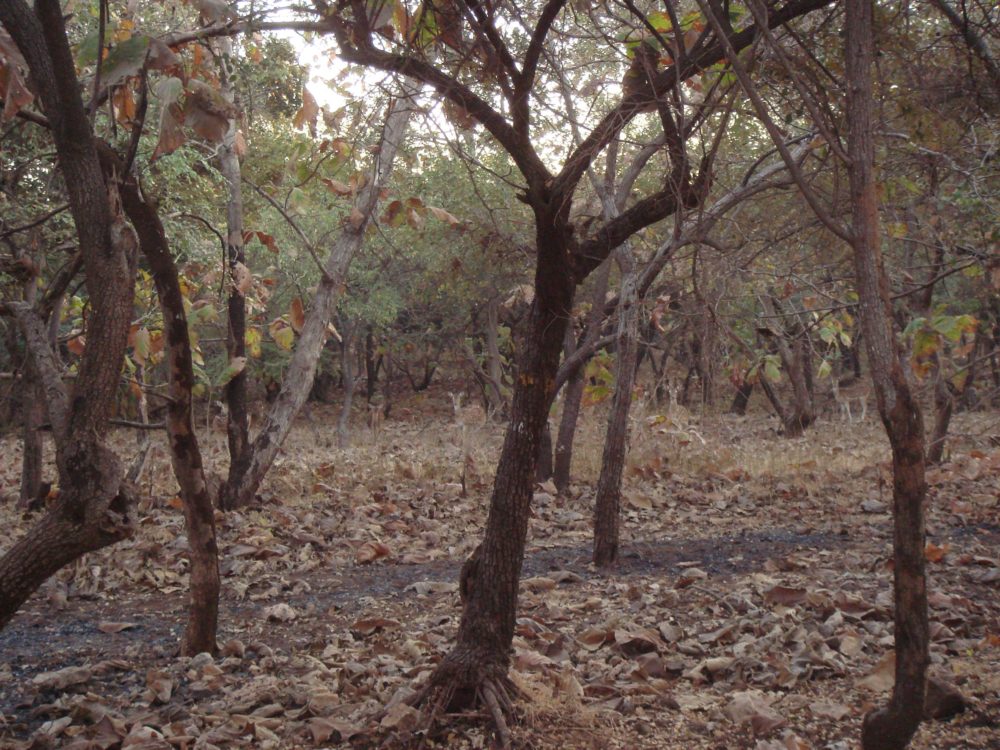By Neena Bhandari
Sydney, 21.03.2022 (SciDev.Net): Australian scientists have identified a novel combination of genetics that may help wheat survive in hot and dry conditions, thereby increasing yields and assisting farmers to adapt to climate change-induced heat and drought stress.
Wheat is the third-largest grain crop in the world, supplying about 20 per cent of the total calories and protein in the human diet worldwide, notes the research by CSIRO, Australia’s national science agency, published in Nature Climate Change on 7 March.
Researchers have identified three novel alternative dwarfing genes that enable wheat seeds to draw moisture stored twice as deep from the soil than current varieties. “We have genetics that can allow us to sow earlier and deeper up to 120 millimetres while keeping the plants short and allowing for very long coleoptile, which is the shoot that grows from the seed to the soil surface,” says Greg Rebetzke, co-author of the study and chief research scientist at CSIRO Agriculture and Food.


